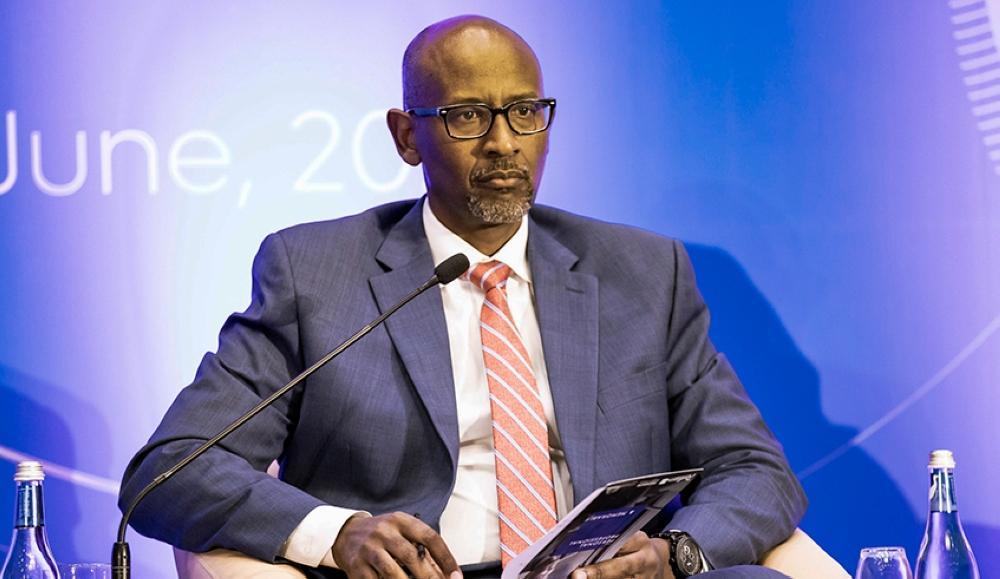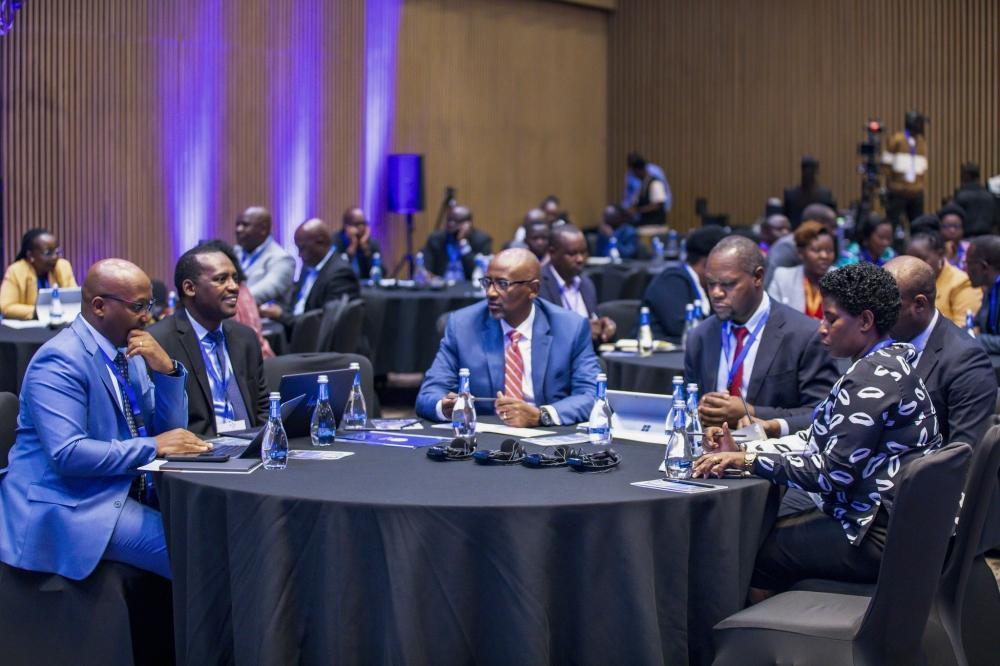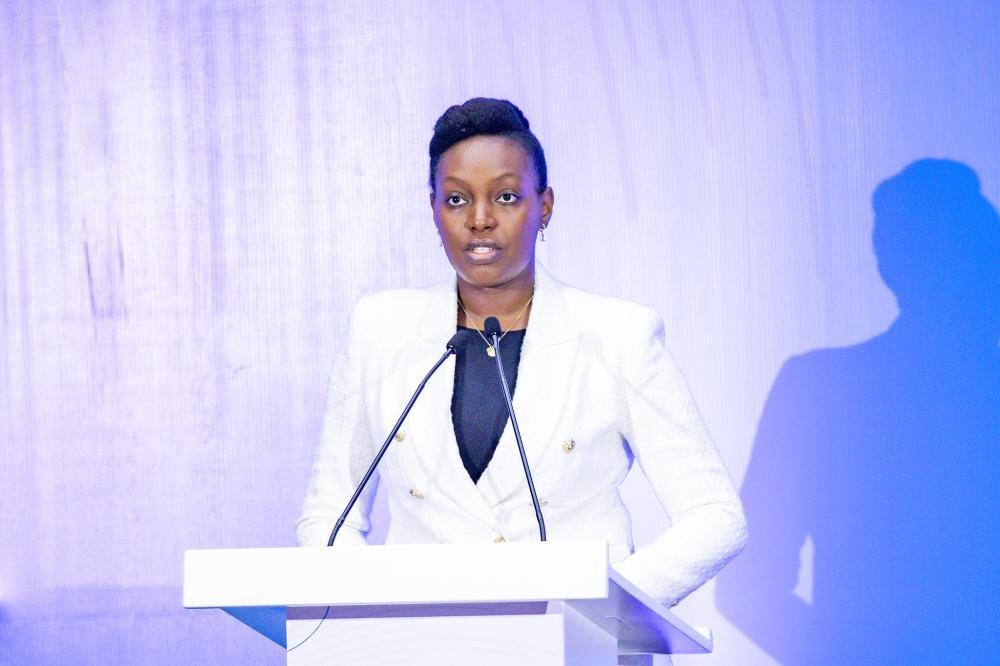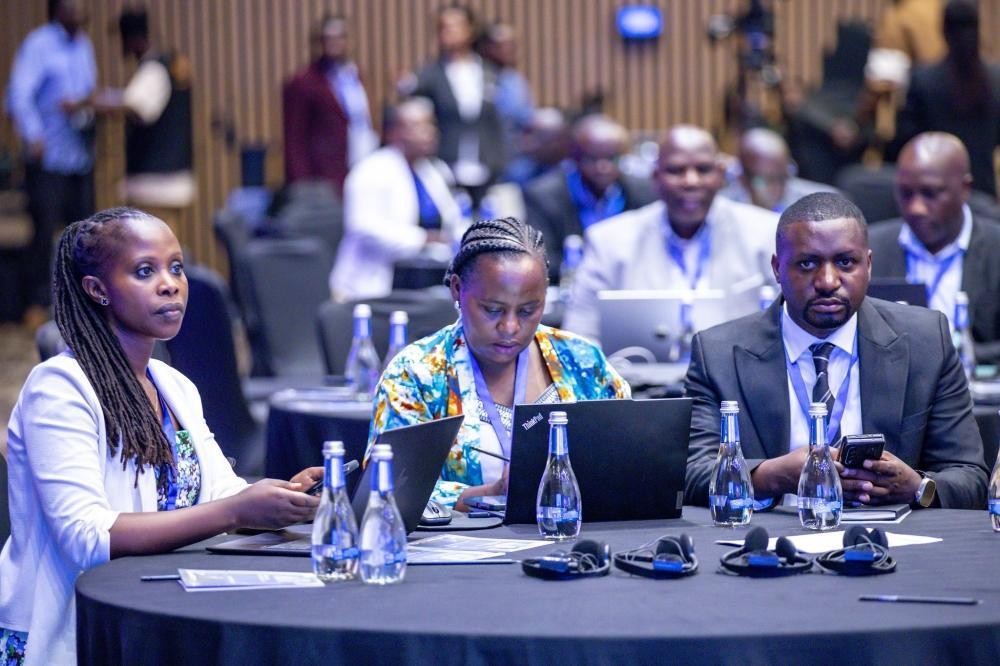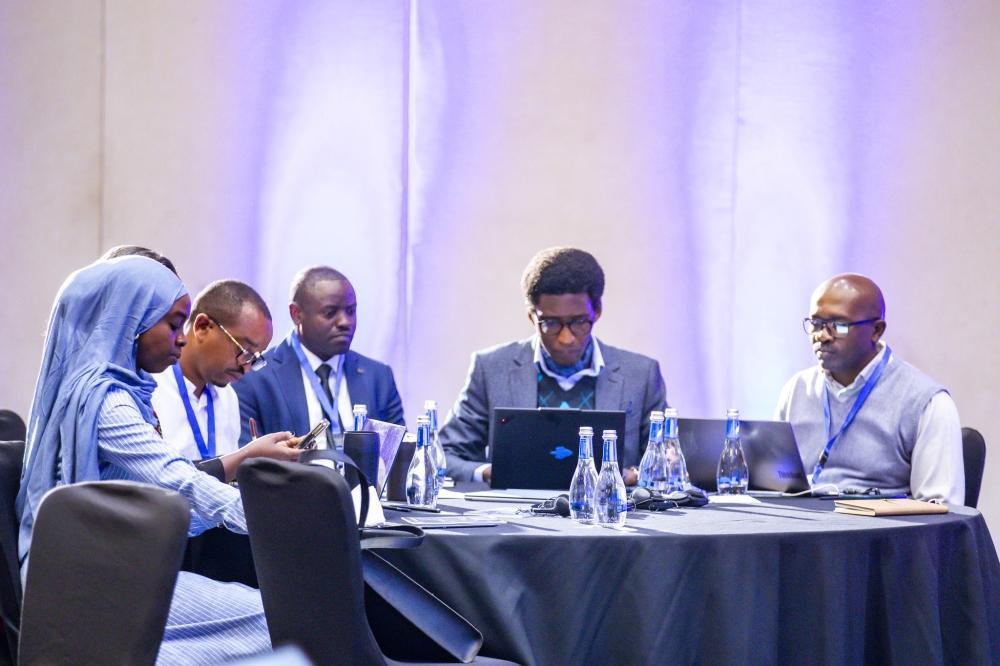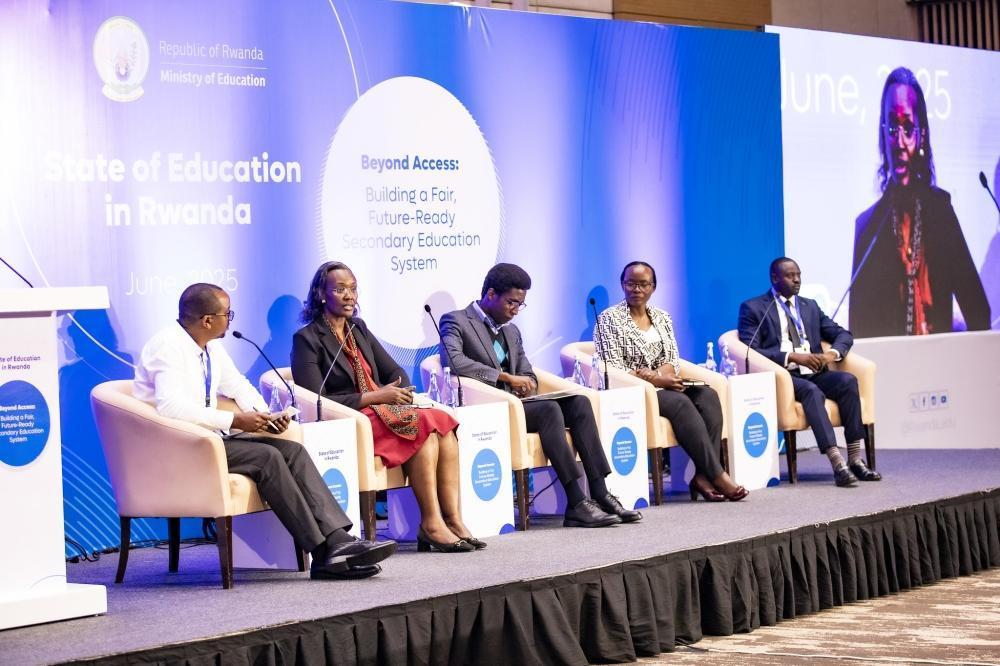Africa-Press – Rwanda. The Ministry of Education has announced plans to phase out the traditional Advanced Level combinations in secondary schools in favor of three newly structured learning pathways, a move aimed at improving students’ academic and career readiness.
The announcement was made on Friday, June 20, during the second day of National Education Conference, which serves as a platform to evaluate the progress of the Education Sector Strategic Plan, explore systemic challenges, and define a collective path forward.
The Minister of Education Joseph Nsengimana elaborated that under the new structure, three broad learning pathways will replace the current subject-specific combinations, such as Mathematics Physics and Geography; Mathematics, Computer Science and Economics, History Economics and Geography; Physics, Chemistry and Biology, among others. The new learning pathways are Mathematics and Sciences, Arts and Humanities, and Languages.
Officials and delegates during the second day of National Education Conference
“All existing subject combinations will be organized under these three pathways,” Nsengimana said. “This change is part of our broader vision to equip students with knowledge and skills to make informed choices, whether they continue to university or enter the job market [after secondary school].”
The implementation of the new system, which is part of education reform approved the Cabinet on June 9, will be gradual, the officials said.
“We’re working closely with schools during the summer holidays to assess their readiness. There will be no surprises,” the minister said.
He also clarified that students who previously completed A-level under the traditional combinations will not be affected. “Those with certificates based on current combinations are fully recognized and will remain valid. This reform is not about punishment; it’s about increasing opportunities for learners and building the nation’s future,” Nsengimana maintained.
Participants at the conference also discussed inefficiencies caused by uneven distribution of subject combinations, which lead to underutilized classrooms and teaching staff.
Claudette Irere, the Minister of State for Education, said the reforms are designed to help students make more informed decisions about their future careers and contributions to national development.
Claudette Irere, the Minister of State for Education, said the reforms are designed to help students make more informed decisions
However, she noted that current dropout and repetition rates hinder this goal, particularly in lower secondary school.
“This level of education needs the collective effort of all of us,” Irere said. “We cannot achieve our ambitions when only 44.3 to 55.6 percent of students who start Senior One complete it. Senior Two, in particular, requires special attention because data shows that’s where many students drop out.”
As Rwanda strives toward its Vision 2050 education goals, the officials said these reforms aim to reshape the secondary education landscape, making it more inclusive, efficient, and aligned with national development.
Participants follow a presentation during the second day of National Education Conference
For More News And Analysis About Rwanda Follow Africa-Press

